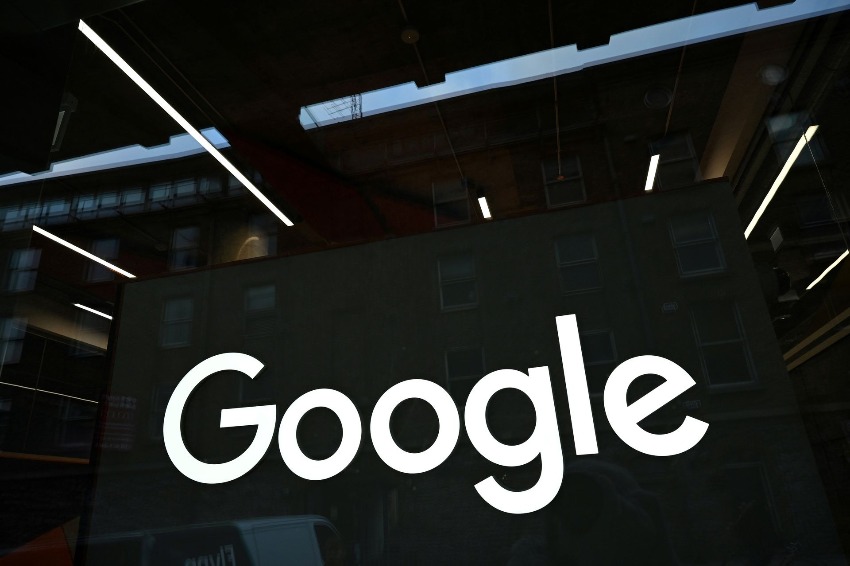Tech giant Google has been hit with a hefty €250 million fine by France's competition watchdog, the Autorité de la Concurrence, for failing to uphold its commitments regarding intellectual property rights. The fine stems from a long-running dispute between Google and French publishers over the use of their content in search results and other Google products.
The dispute began in 2019 when major French news organizations, including Agence France-Presse (AFP), accused Google of profiting from their content without fair compensation. This sparked an investigation by the Autorité de la Concurrence, which resulted in a €500 million fine against Google in 2022. However, Google appealed the decision.
As part of the initial settlement negotiations in 2022, Google reportedly agreed to seven key commitments, including negotiating licensing deals with publishers in "good faith" and offering transparent financial compensation for their content. However, the recent ruling by the Autorité de la Concurrence alleges that Google violated four of these commitments.
Specifically, the watchdog accuses Google of failing to engage in genuine negotiations with publishers and withholding crucial information that would have facilitated fair agreements. One point of contention involves Google's AI chatbot, Bard (now known as Gemini), which the watchdog claims was trained on content from news outlets and agencies without their knowledge or consent.
While Google has acknowledged the settlement violations and agreed to the fine, they maintain that the penalty is excessive. The company argues that the evolving regulatory landscape surrounding intellectual property rights makes it challenging to establish clear guidelines. Google says it remains committed to working constructively with French publishers to find a sustainable solution for content licensing.
The French ruling reignites the debate over how tech platforms compensate news organizations for their content. News publishers worldwide have long argued that platforms like Google benefit significantly from their content, while they struggle to generate sufficient revenue online. This case sets a precedent for other European countries grappling with similar issues and could potentially influence ongoing discussions around copyright reform at the EU level.
The hefty fine against Google serves as a strong message to tech giants operating in Europe. They will need to demonstrate a more collaborative approach and greater transparency in their negotiations with news publishers if they are to avoid similar penalties in the future.

